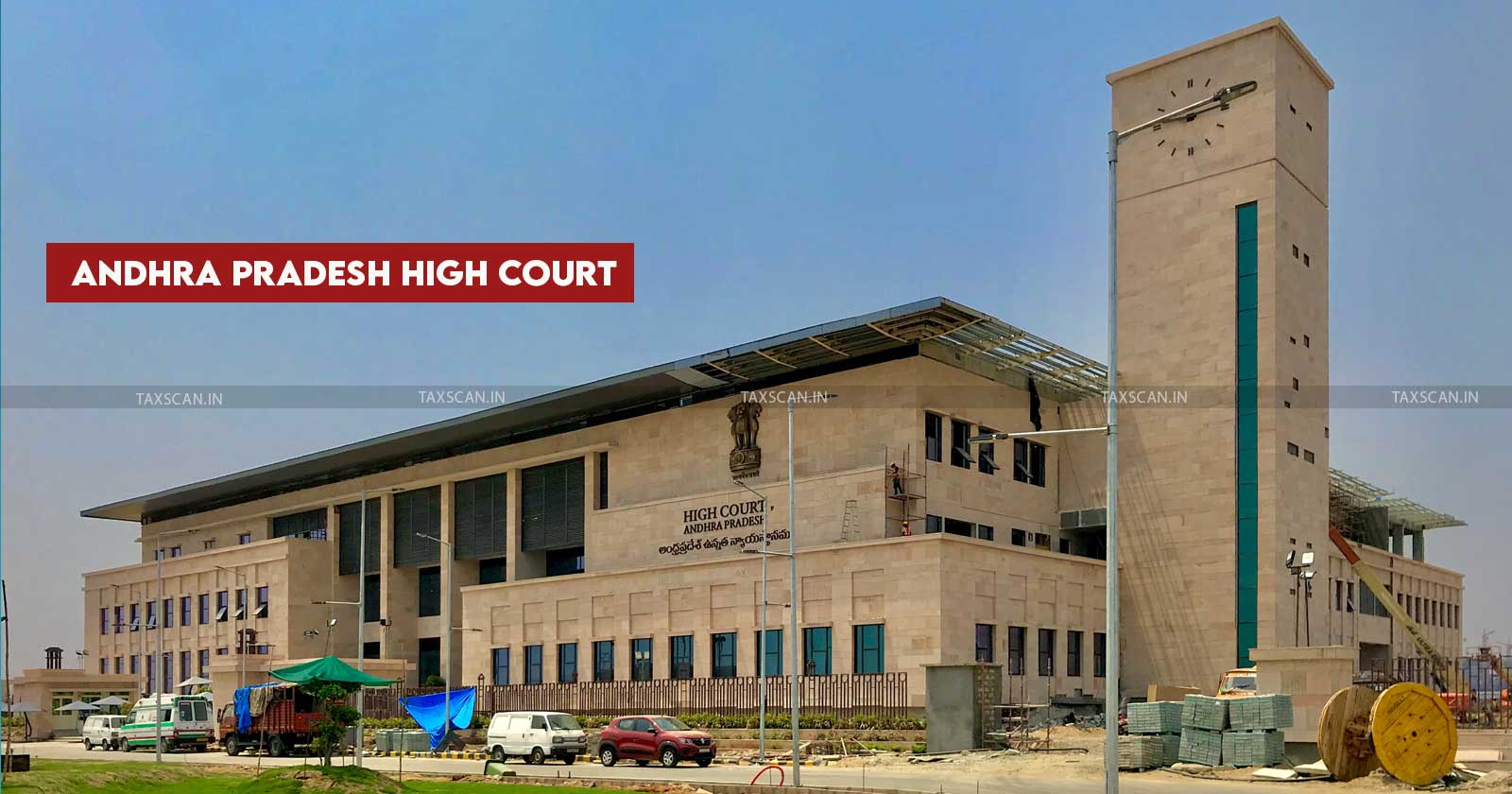Unresolved Departmental Inquiry Against Commercial Tax Officer: Andhra Pradesh HC Quashes Order Dropped Disciplinary Proceedings Midway [Read Order]
It was concluded that the Judge has erred in taking up the role of the disciplinary authority and in attempting to substitute the opinion of the disciplinary authority with the opinion of this Court, which is impermissible

Andhra Pradesh High Court – Unresolved Departmental Inquiry – Commercial Tax Officer – Disciplinary Proceedings – Taxscan
Andhra Pradesh High Court – Unresolved Departmental Inquiry – Commercial Tax Officer – Disciplinary Proceedings – Taxscan
The Andhra Pradesh High Court has set aside the order of the Single Judge, which had allowed the assessee's petition and quashed the disciplinary proceedings midway, specifically at the stage when the enquiry had already been completed.
Sri G Prabhakara Murthy, the respondent assessee was appointed as Assistant Commercial Tax Officer in 1984 and promoted multiple times, faced disciplinary action in 2016 for alleged slack supervision and delays in processing a refund while serving as Commercial Tax Officer.
Understand the EPF & ESI Act – Key Supreme Court Judgments Explained - Register Now
Despite the assessee's defense, the departmental inquiry has remained unresolved for over three years, preventing his promotion to Joint Commissioner of State Taxes. The assessee had filed a petition before the Andhra Pradesh High Court, challenging the disciplinary proceedings against him while the department had dropped similar proceedings against three other officers on the same charges.The Single Bench allowed the petition filed by the assessee and directed the department (appellant) to grant him all pensionary and retirement benefits as per the governing rules.
The appellant department has challenged the judge's order, which quashed the disciplinary proceedings midway specifically, at the stage when the inquiry had already been completed. The report had been submitted to the disciplinary authority, and the disciplinary authority had issued the second show cause notice enclosing the report and calling for his explanation.
Understand the EPF & ESI Act – Key Supreme Court Judgments Explained - Register Now
The Division Bench of Justices G. Narendar and Kiranmayee Mandava observed that the Judge could not have usurped the role of the disciplinary authority and scuttled the proceedings midway. The statute vests the authority, either to impose or not to impose punishment after appreciating the matter on merits, on the disciplinary authority only. By the impugned order, this process has been preempted.
The bench stated that mere issuance of the show cause notice would not confer jurisdiction on the Court to entertain and appreciate the Writ Petition. In the absence of any right of the litigant being adversely affected, we do not see how the Judge could have heard and ordered the Writ Petition.
It was concluded that the Judge has erred in taking up the role of the disciplinary authority and in attempting to substitute the opinion of the disciplinary authority with the opinion of this Court, which is impermissible.
Understand the EPF & ESI Act – Key Supreme Court Judgments Explained - Register Now
It was viewed that the authority to impose or not impose any penalty, as provided under the rules, is in the exclusive domain of the disciplinary authority, an action that has now been preempted by the impugned order. The Writ Petition itself was premature in the absence of any adverse impact on the rights or service conditions of the assessee ( Writ Petitioner ).
While allowing the petition, the appeal and remitted the matter back to the disciplinary/competent authority for consideration of the reply to be submitted by the assessee/Respondent.
To Read the full text of the Order CLICK HERE
Support our journalism by subscribing to Taxscan premium. Follow us on Telegram for quick updates


